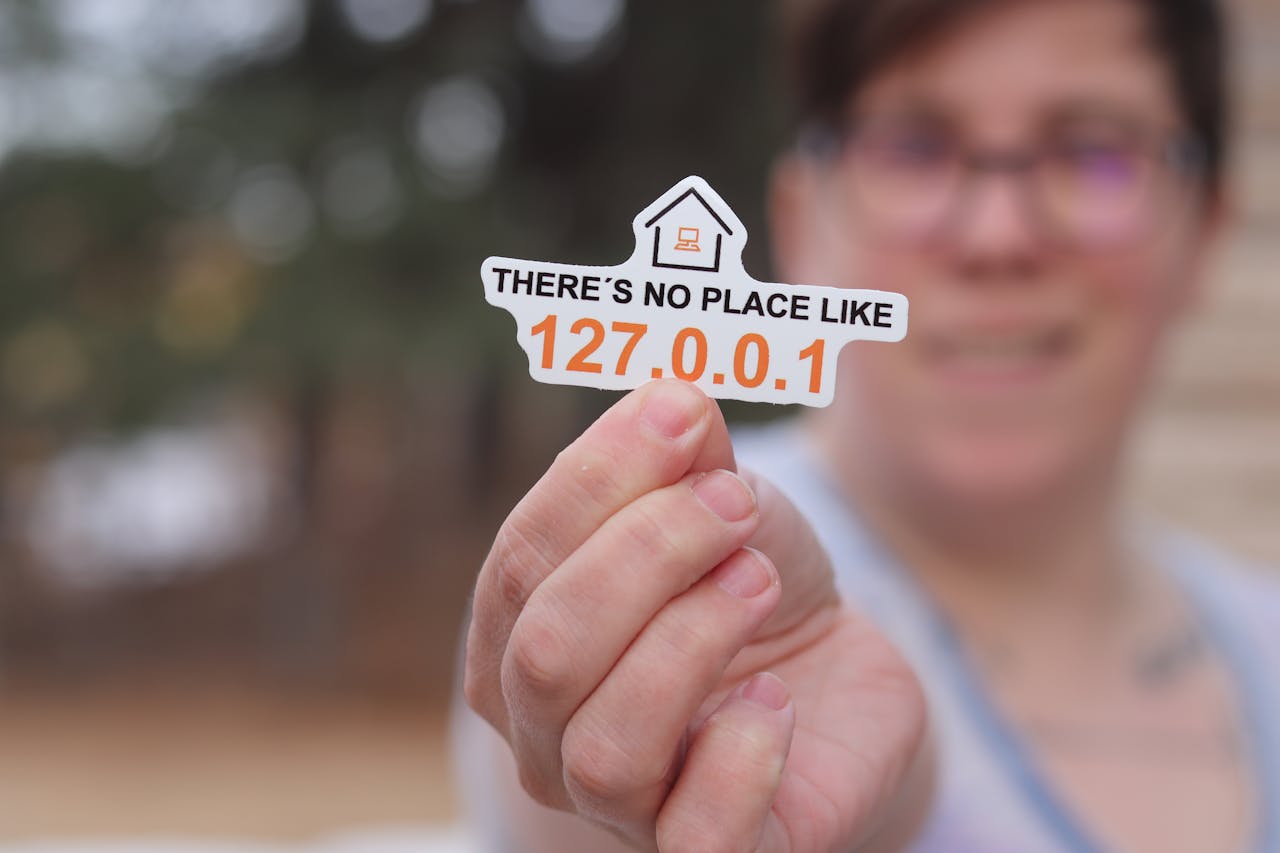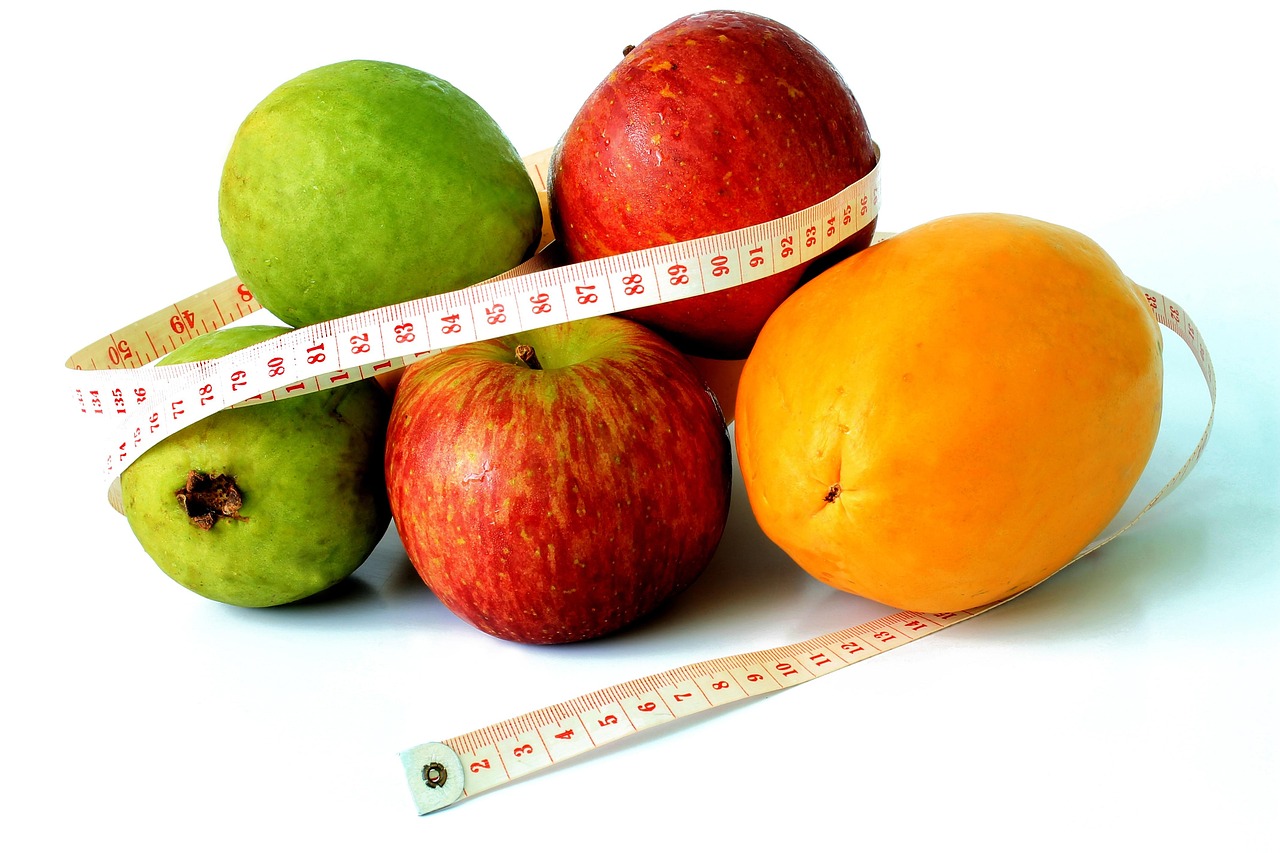Speed Converter
A Speed Converter is a tool or system that converts speed from one unit of measurement to another. Speed refers to the rate at which an object moves or travels, and different industries and activities use various units to express it. A speed converter helps individuals and professionals easily switch between these units for convenience, comparison, or analysis.
A Speed Converter is a tool or system that converts speed from one unit of measurement to another. Speed refers to the rate at which an object moves or travels, and different industries and activities use various units to express it. A speed converter helps individuals and professionals easily switch between these units for convenience, comparison, or analysis.
Common Speed Units:
- Meters per Second (m/s): The SI (International System of Units) standard unit for speed, commonly used in physics and engineering.
- Kilometers per Hour (km/h): A metric unit commonly used to measure speed in everyday life, such as in cars, bicycles, and weather forecasts.
- Miles per Hour (mph): A unit commonly used in the United States and the UK to measure vehicle speeds, particularly for cars.
- Feet per Second (ft/s): A unit used primarily in engineering and in some scientific contexts, often for measuring the speed of smaller objects or in relation to short distances.
- Knots (kn): Used in aviation and maritime contexts, knots measure speed over water or air.
- Mach (Ma): A unit used to measure speed relative to the speed of sound, commonly used in aerodynamics and aviation.
How a Speed Converter Works:
A speed converter takes the input speed in one unit (e.g., kilometers per hour) and converts it to another unit (e.g., miles per hour or meters per second). This helps in comparing speeds in different measurement systems or when converting to units that are more appropriate for the specific context.
For example:
-
Converting km/h to mph:
- To convert kilometers per hour (km/h) to miles per hour (mph), the conversion factor is 1 km/h = 0.621371 mph.
- Example: 100 km/h = 100 × 0.621371 = 62.1371 mph.
-
Converting m/s to km/h:
- To convert meters per second (m/s) to kilometers per hour (km/h), the conversion factor is 1 m/s = 3.6 km/h.
- Example: 5 m/s = 5 × 3.6 = 18 km/h.
-
Converting mph to knots:
- To convert miles per hour (mph) to knots, the conversion factor is 1 mph = 0.868976 knots.
- Example: 60 mph = 60 × 0.868976 = 52.1386 knots.
Applications of Speed Converters:
-
Automotive Industry:
- Speed converters are frequently used in the automotive industry to convert vehicle speeds from one unit (e.g., km/h) to another (e.g., mph) depending on the region or measurement preference.
-
Aviation:
- In aviation, speed is often measured in knots (nautical miles per hour). Speed converters allow pilots, air traffic controllers, and flight planners to convert speeds from knots to other units like miles per hour (mph) or kilometers per hour (km/h).
-
Maritime:
- Similarly, in the maritime industry, speed is often expressed in knots. Ships’ speeds are converted to other units for communication, safety, and operational purposes.
-
Cycling and Running:
- Athletes can use speed converters to understand and compare their cycling or running speeds across different units. For example, converting running speeds from minutes per kilometer to kilometers per hour or miles per hour.
-
Science and Engineering:
- Engineers and scientists working in fields like physics or mechanical engineering use speed converters when dealing with different systems that measure speed in different units. For example, converting between meters per second (m/s) and feet per second (ft/s) in motion studies or fluid dynamics.
-
Weather Forecasting:
- Meteorologists use speed converters to express wind speeds in various units, such as km/h, m/s, or knots, depending on the standard measurement for different regions or the type of forecast.
-
Transportation and GPS:
- Speed converters are useful in GPS systems for converting speed data based on the user's location or the system’s measurement standards, especially for navigation in cars, planes, or boats.
-
Sports:
- Coaches and sports analysts may use speed converters to evaluate the performance of athletes in different units. For example, converting running speeds from minutes per kilometer to meters per second for more precise performance metrics.
Conclusion:
A Speed Converter is a useful tool that allows for the conversion of speed values between different units such as kilometers per hour, miles per hour, meters per second, and knots. It is commonly used across various industries, including automotive, aviation, sports, engineering, and meteorology, to facilitate accurate speed measurements and comparisons.
If you need help with a specific speed conversion, feel free to ask!













